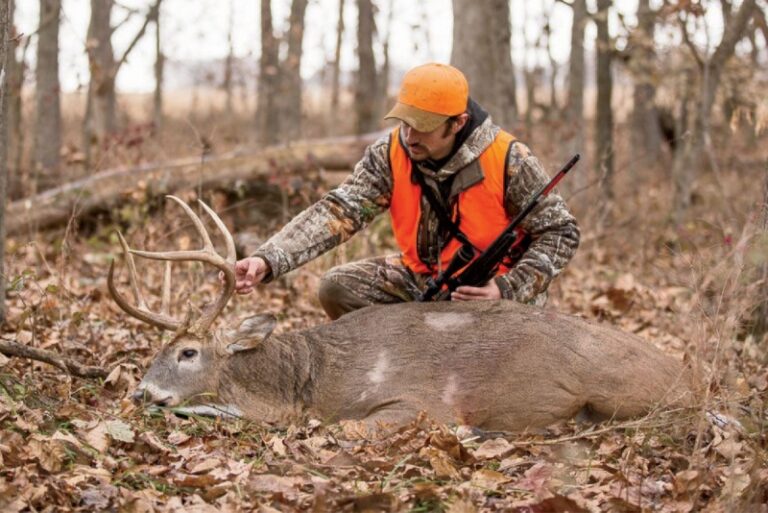For both seasoned hunters and beginners, thorough preparation is crucial to ensure safety, success, and an enjoyable experience in the wild. Here’s a comprehensive guide to help you gear up effectively for the upcoming hunting season.
1. Understand the Local Regulations
One of the first steps before heading out is to familiarize yourself with the local hunting laws and regulations. Different states and regions have varying rules regarding hunting seasons, permitted weapons, license requirements, and bag limits. Ignorance of these rules can not only lead to hefty fines but can also endanger wildlife populations.
Check with your state’s wildlife department or conservation authority for updated guidelines. Make sure all your licenses and permits are valid, and always respect protected areas and species.
2. Inspect and Upgrade Your Gear
Your hunting gear can make or break your experience. Start by inspecting your equipment well in advance. Firearms, bows, or crossbows should be thoroughly cleaned, serviced, and tested for accuracy. If you’re using a tree stand, ensure all straps, fastenings, and supports are in good condition to prevent accidents.
Consider upgrading your gear if necessary. Quality binoculars, weather-resistant clothing, reliable boots, and modern navigation tools like GPS devices can significantly enhance your performance and safety.
3. Scout Your Hunting Area
One of the most effective ways to increase your chances of success is by scouting your hunting location before the season starts. Visit the area, study the terrain, and look for signs of animal activity, such as tracks, bedding areas, or feeding grounds.
Trail cameras can also be a valuable tool, providing insights into animal movement patterns at different times of the day. Familiarity with the area not only boosts your confidence but also ensures you can navigate the terrain efficiently when the moment arrives.
4. Practice Makes Perfect
Whether you’re an experienced hunter or new to the sport, practicing your shooting skills is essential. Visit a shooting range or set up a safe practice area to work on accuracy, distance estimation, and target acquisition.
For bow hunters, consistent practice improves muscle memory and shot placement. Simulating real hunting conditions during practice — such as shooting from elevated positions or while wearing your hunting gear — can help prepare you for actual scenarios in the field.
5. Prioritize Safety
Hunting is exhilarating, but it comes with inherent risks. Always follow safety protocols to protect yourself and others. Let someone know your hunting location and expected return time. Carry a fully charged phone, a first aid kit, and emergency supplies such as water, snacks, and a map.
Wearing blaze orange or other highly visible clothing is often a legal requirement and reduces the risk of accidental shootings, especially in areas with many hunters.
6. Respect Nature and Wildlife
Ethical hunting goes beyond following the law. Respect the environment by minimizing your impact on natural habitats. Leave no litter behind, avoid disturbing non-target wildlife, and only harvest what you can responsibly use.
Additionally, learning about the species you intend to hunt — including their behavior, diet, and habitat — helps ensure a humane and successful hunt.
7. Mental and Physical Preparation
Hunting often involves long hours of patience, physical endurance, and mental focus. Prepare your body with regular exercise, especially cardio and strength training that mimics the demands of hiking, climbing, or carrying gear.
Mentally, develop patience and situational awareness, as these traits are just as vital as technical skills when you’re out in the wild.
Final Thoughts
The hunting season is an exciting opportunity to enjoy the outdoors, challenge your skills, and experience the deep-rooted tradition of hunting. But success doesn’t come by chance — it requires careful preparation, respect for nature, and a strong commitment to safety and ethics.
By taking the time to plan properly, upgrade your gear, practice your skills, and familiarize yourself with regulations, you can look forward to a rewarding and responsible hunting experience this season.
